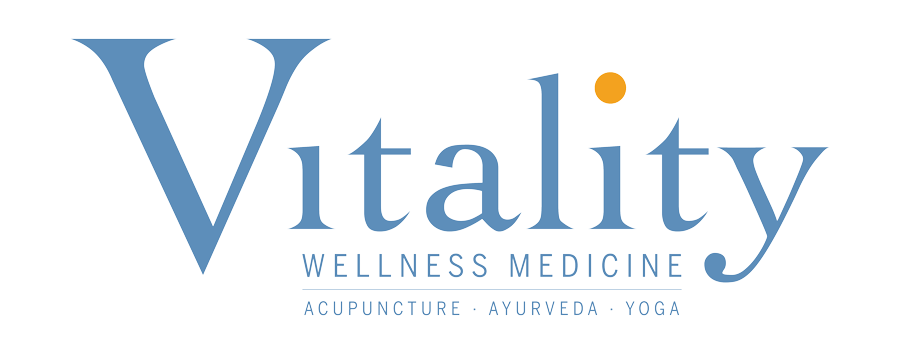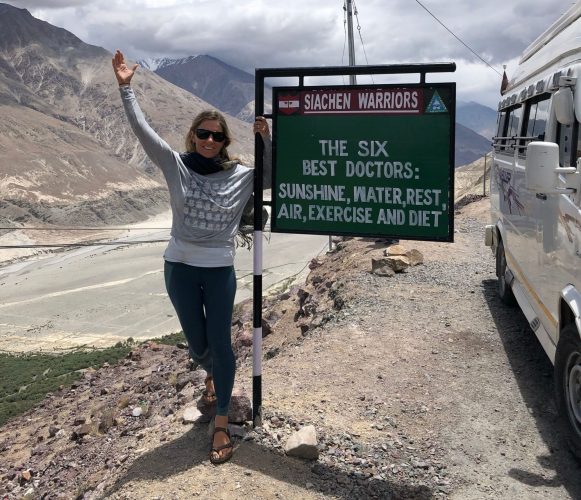Modern daily life is filled with pressures of time, productivity, and achievement. This is especially true in technology hubs like Silicon Valley (where this article originates) where it is very typical to move through the week in a sea of to-do lists, booked calendars, and constraints – often while stuck in traffic or attending to business or family. These pressures can lead to ongoing physical and emotional strain. In fact, a few years ago, the term “Silicon Valley Syndrome” (SVS) popped up to describe what happens to our health when overwhelmed by sedentary life: overwork, overuse of technology, and constant pressures. SVS is defined by both physical and functional symptoms. Physically, this might manifest as pain or discomfort in the cervical or thoracic spine or shoulder region, eye strain, and headaches, while functional issues might include insomnia, anxiety, and overall running at elevated stress levels for extended periods of time.
The good news is that there are simple fixes that are the best solutions, at a very low cost – in fact, most of them are nearly free! High in the mountainous region of Ladakh, also known as “land of high passes,” India, a roadside sign posted by Siachen Warriors proudly suggests the best prescription I’ve come across in my 20 years of healthcare experience:
“THE SIX BEST DOCTORS: SUNSHINE, WATER, REST, AIR, EXERCISE, AND DIET.”
- Sunshine: Ever wonder why sunshine is associated with happiness? Sunshine improves the mood by increasing serotonin, a neurotransmitter that contributes to well-being, balanced appetite, sleep, memory, and sex drive. Specifically, the sun’s ultraviolet B allows the body to produce its own vitamin D, a hormone that has multiple impacts on bone growth, development, overall health, and immune system regulation. When soaking up the sun, it’s always recommended to protect your skin. Consider using a zinc oxide–based or mineral sunscreen, especially during exposure over 15 minutes. (For those with sensitive skin, keep your exposure brief and consider other sources of vitamin D, such as fish, egg yolks, and mushrooms.)
- Water: Fresh water is a fundamental human need. Humans require 20 to 50 liters of clean water a day for consumption. Water helps to energize muscles and maintain electrolyte balance. Adequate hydration also helps to decrease upper body tension originating from overworking and stressful driving. There is no coincidence that we tend to gravitate toward water for recreation, vacation, and balance. In his book “Blue Mind,” Marine Biologist Wallace Nicholas explains science shows that being near water makes humans happier, healthier, and more connected.
- Rest: Too little value is placed on rest and unscheduled time in our culture. Can we kick the legs up in the hammock (without a piece of technology in hand) and rest? I encourage people to prioritize vacation time, as it decreases stress levels and improves overall health throughout the year. Unscheduled time with rest allows for spontaneity, which is like meditation for the heart, and allows joy to naturally arise.
- Air: We know that breathing, lung function, and oxygen supply are essential to life. Under typical circumstances, the brain can only survive three to nine minutes without oxygen. Fresh air is crucial to ongoing health, as science shows that airborne particulate matter has far-reaching health consequences. In many cities, daily life is impacted by high air-quality indexes. In the yoga world, prana is translated as “breath” or “life force.” Taking deep breaths, or “yogic breathing,” is linked to a calm and happy nervous system.
- Exercise: Daily exercise is linked to improved mood and energy levels, a reduction in pain and anxiety, and sleep cycle and hormone regulation. Any kind of exercise is useful (though I’m partial to yoga asana and being outdoors in nature). Recent studies show that yoga appears to be equal to, or superior to exercise for both healthy and diseased individuals, thanks to its ability to impact the sympathetic nervous system and the body’s hormonally-based stress response system.
- Diet: To quote UC Berkeley Professor of Science and Environmental Journalism’s Michael Pollan, “Eat food, not too much, mostly plants.” Generally speaking, eating foods in their original, less-processed form allows for best absorption when taken by those with a well-functioning digestive system. According to the Academy of Nutrition and Dietetics, it’s best to focus on healthy patterns of eating with sensible foods, variation, moderation, and portion size, all combined with physical activity. When it comes to Ayurvedic medicine, the stomach, when satiated, should be one-third liquids, one-third solids, and one-third space. Therefore, it’s best not to stuff ourselves with substance, as the space ensures that we have plenty of digestive capacity for the portion taken in.
To think, I had to go all the way to the top of the mountain on the other side of the world to get the prescription that’s been accessible to me my entire life! In researching its origins, I was unclear if the Indian government received the quote from author Wayne Fields’ nursery rhyme, “What the River Knows,” written in 1990:
“The best six doctors anywhere
And no one can deny it
Are sunshine, water, rest, and air
Exercise and diet.
These six will gladly you attend
If only you are willing
Your mind they’ll ease
Your will they’ll mend
And charge you not a shilling.”
Nevertheless, starting with these six natural changes can increase our overall health profiles, and decrease our stress levels, thereby improving our quality of life for years to come.

